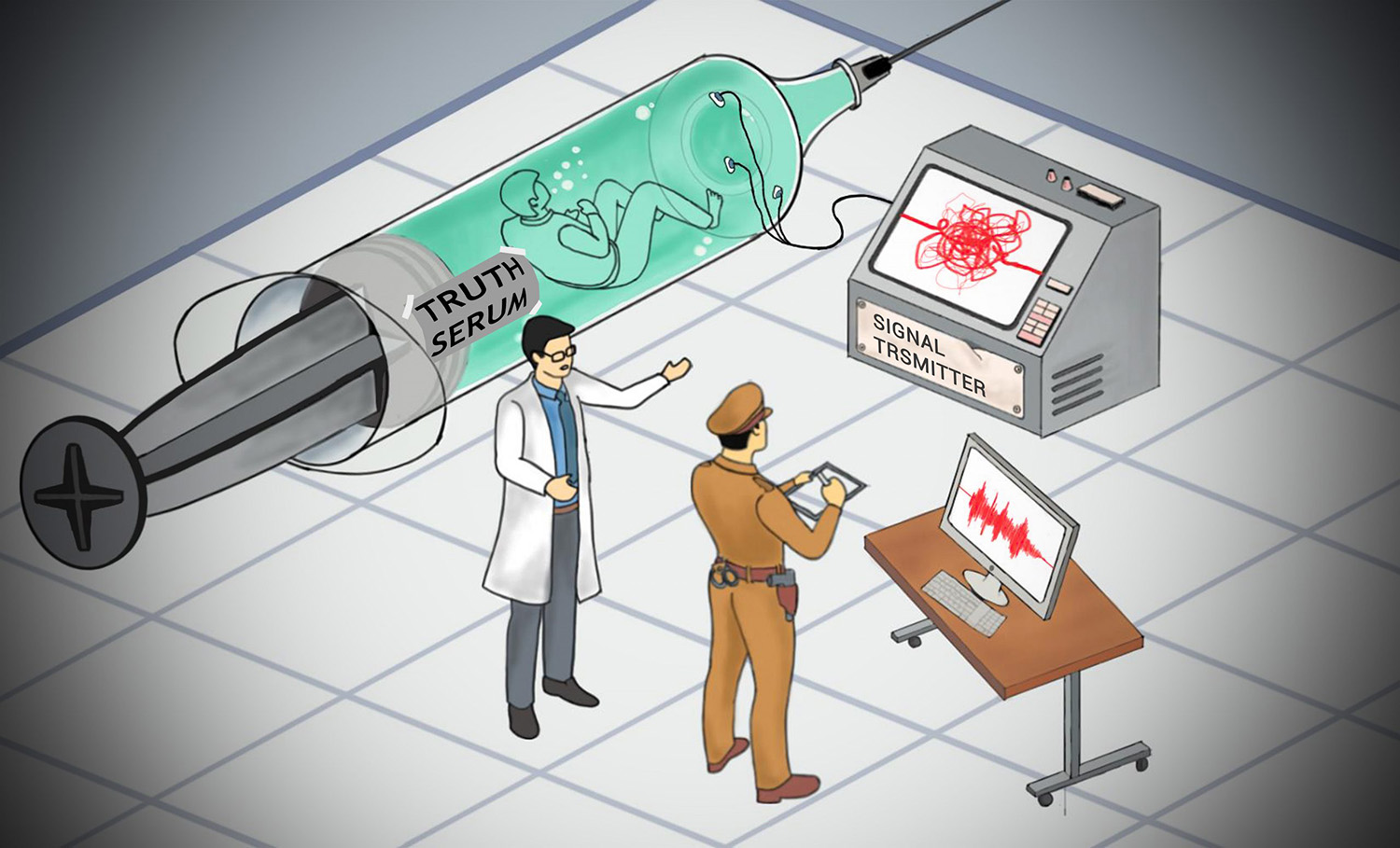Case Summary on the case of Amlesh Kumar vs. State of Bihar 2025

Table of Contents
ToggleIntroduction:
The Supreme Court’s judgment, Amlesh Kumar v. State of Bihar (2025), that marks a significant development in Indian criminal jurisprudence. This case mainly focused on the limits of the narco-analysis test in investigation, checking the legality of the voluntary narco-analysis test and its role in bail proceedings.
Case Name: Amlesh Kumar v. State of Bihar
Date of Judgment: 9 June 2025
Citation: 2025 INSC 810
Bench: Justices Sanjay Karol & Prasanna B. Varale
Brief Facts of the Case:
- Amlesh Kumar’s wife went missing under suspicious circumstances in Vaishali, Bihar.
- Her family alleged dowry harassment and suspected foul play by Amlesh and his relatives.
- A criminal case was registered; some co-accused allegedly admitted that the woman was killed and her body disposed of.
- Amlesh was arrested and applied for bail.
- The Patna High Court refused regular bail and accepted the police proposal to conduct narco-analysis tests on the accused and witnesses.
- Amlesh challenged this decision before the Supreme Court, claiming a violation of his fundamental rights under Articles 20(3) & 21 of the Constitution of India.
Issues of this Case:
- Whether the High Court could have accepted the submission of the Narco Analysis test?
- Whether a report of a voluntary Narco-Analysis test can form the sole basis of conviction?
- Whether an accused can voluntarily seek a Narco-Analysis test, as an indefeasible right (Absolute right)?
Decision of the Court:
In this case, the Supreme Court referred the landmark case, The Selvi vs. the State of Karnataka (2010) and observed something about the issues of this Case.
In the first and second issues, which are framed under this case, the Supreme Court’s view was negative, but in the third issue of the case, the Court has given a positive response and held that the accused has a right to undergo a narco analysis test at an appropriate stage voluntarily; it is not an indefeasible right.
Referred case:
Selvi & Ors. v. State of Karnataka & Anr. (2010)
This is a landmark case on the legality of the narco analysis test and other tests.
Issue
Whether the compulsory use of narco-analysis, polygraph test (lie detector), and brain electrical activation profile (BEAP/brain mapping) during criminal investigation violates constitutional rights.
Held:
In this case, the Supreme Court has been given some important guidelines regarding these tests and held that the Compulsory narco-analysis, polygraph, and brain mapping tests violate Articles 20(3) and 21 of the Constitution.
- Such tests cannot be conducted without the person’s informed and voluntary consent.
- Results of these tests cannot be treated as direct evidence; at best, they may help lead to other evidence.
- Courts emphasised that investigation methods cannot override fundamental rights.
Ratio decidendi of the Amlesh Kumar case:
This case is based on the main ratio decidendi on these factors, and the court held that the involuntary narco-analysis and similar tests violate Articles 20(3) and 21 and cannot be conducted without the accused’s informed consent. Courts cannot allow such tests at the bail stage, as it converts bail hearings into investigative forums. While an accused may request a voluntary test, it is discretionary with the court, and the results cannot be the sole basis for conviction; they serve only to corroborate evidence.
3 comments